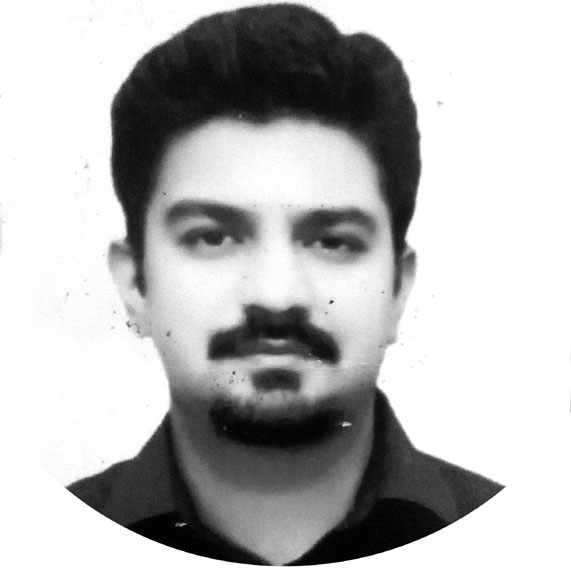Dr M Ahmed Abdullah
A final year medical student at Nishtar Medical University, Multan attempted suicide on 22nd February 2020, after he failed the viva voce of his final surgery exam. He claimed that he had been failed intentionally and hence resorted to this attempt. This news item grabbed a greater chunk of my attention, because I myself am a proud student of the same great institution. This event reminded me of a similar incident from my college years, when I failed in an anatomy exam that I had worked really hard for. In my frustration, I immediately decided to quit my MBBS and go back home.
It was a weekend and I was short on cash so I decided to go to Bahawalpur for a few days to get out of the depressing environment. Once I had boarded a local bus to my destination, a child got on the bus who was vending cheap snacks. He was constantly being foul mouthed and harassed by the bus staff and other passengers, yet he continued to smile. This child unknowingly woke me up from my false perception of self pity and made me realize all the blessings that the creator had bestowed upon me. I spent the weekend in Bahawalpur and returned to college with a new zeal.
The mental health epidemic in Pakistan is silently creeping up, and our state of denial isn’t doing much to stop this. The stigma attached with seeking help for mental health issues, the complete lack of modern mental health facilities and the constantly rising daily stress in our lives is not only threatening us as individuals, but are also challenging our societal norms. The mass media is playing a negative role in this equation, where the only news published is related to death, suffering and obscenity and where the most common form of entertainment is family conspiracies and crying women. Limited opportunities for regular exercise, especially for women and a culture revolving around food add to this terrible recipe of disaster.
What we fail to perceive is the fact that in this time and age, humans are a hackable organism. Both mental and physical health issues are easily understandable through a bio-psycho-social model. Our hormones, our food, our exposure to stress and our culture all play important role in how we behave. In the absence of a clear recognition of our problems, myths and fallacies find strong footing in a social terrain obsessed with happenings caused by paranormal forces. Another important aspect to consider in this cascade is of social media, which has offered the young generation an alternate reality, separated from this unfair world. It has caused people to make unrealistic expectations from others, and forces them on a path of never ending competition.
It is imperative that we start focusing on mental health as a major priority for the future. The government should develop more facilities for those already suffering from mental health conditions and develop preventive programs for those in most need. We also need to revisit our education systems and media policies. Religion is very important for social and spiritual health, but unfortunately in our part of the world it is often exploited by influencers rather than scholars.
—The writer is Assistant Professor Public Health, Islamabad Medical and Dental College.
Email: [email protected]










